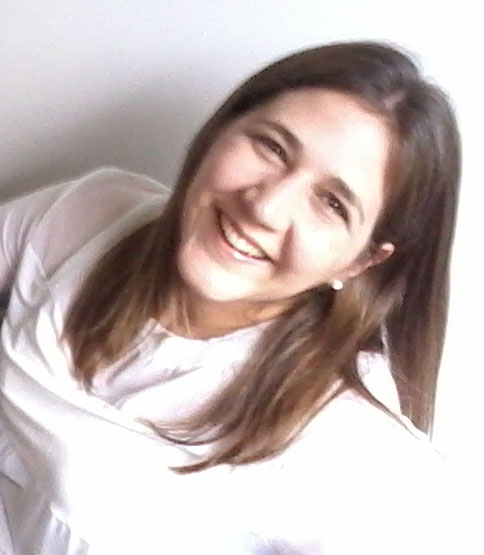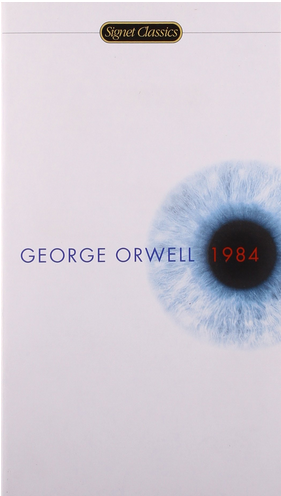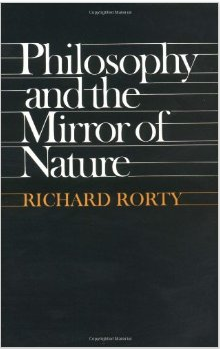
Our Community
Get to know our community
Join Translation Journal
Click on the Subscribe button below to receive regular updates.
Paula Arturo

Question and Answer
- What is your name?
- Paula Arturo
- Where do you live?
- Buenos Aires, Argentina
- How long have you been an interpreter or translator?
- 14 years
- What made you decide to become a translator or interpreter?
- I didn't really set out to become a translator. When I was a child living in the U.S., I often found myself translating and interpreting for my non-English speaking mother or helping other Latin Americans communicate with English speakers. When I moved back to Argentina, my English skills quickly became a valuable asset that helped me stand out in my professional and academic settings. Translation was simply the natural and rational choice for me.
- List one strength that you think sets you apart from your colleagues.
- I have been in the business of translation for over a decade, I have a law degree, and am soon to be a PhD. I think I have managed to add academic solidness to my years of experience. In addition to that, because I was raised in a fully bilingual family in the U.S., I am equally fluent in both my working languages.
- Name the one thing that you most enjoy in your translating or interpreting career.
- Because I come from a country that suffered a brutal military dictatorship in the 1970s, I am strongly committed to the international human rights cause. What I enjoy most about working as a lawyer-linguist in the international arena is knowing that my work contributes to furthering the rule of law, human rights, and democracy in my country and others with a similar history and background.
- We all have worked on those not-so-perfect assignments. Write about one such assignment that was not ideal and what you learned from it.
- One of my first important translation assignments was for a renowned international NGO and it consisted of a protocol that was being proposed to the government of Argentina for taking testimonies from victims of rape, sexual abuse and torture in the trials against the military that followed the reinstitution of democracy. The idea behind the protocol was to promote sensitive techniques for questioning victims in court and preventing victim bashing, which was a serious issue in those proceedings. Unfortunately, though the proposed protocol was very solid, it was not well written in the source language. Thus, interpreting the source text was challenging and the author was not very polite or cooperative when it came to handling questions. What I learned from that experience is that I'd rather have to deal with difficult authors or clients and explain the nature or reason for my questions at the risk of being taken for a fool than to keep quiet and deliver a translation with which I don't feel 100% satisfied. I also learned the importance of not taking things personally, staying calm under pressure, and focusing on the job instead of the circumstances surrounding it.
- If you could go back in time to when you were just starting out as a translator or interpreter, what advice would you give to your younger self?
- I would tell my younger self to eat healthy, exercise, get plenty of sleep, and live a little. I spent my twenties studying hard and working even harder. I kept myself so busy that I sometimes forgot to simple live a little and have some fun. In my thirties, I'm learning to live a more balanced lifestyle.
- Name one resource – such as a phone app, CAT tool, website, and so forth – that you find especially helpful in your translating or interpreting work.
- Black's Law Online is my first stop for legal terms and my CAT tool of choice is Wordfast.
- What’s the best book you’ve read this year?
- The best non-fiction book I've read this year is Philosophy and the Mirror of Nature by Richard Rorty. I share his pragmatic view of the Western Human Rights culture and his concern for ensuring peaceful coexistence even in the face of cultural clashes. As far as fiction, I recently re-read one of my all-time favorite books from my childhood simply to confirm it's still one of the best books I've ever read: 1984, by George Orwell.
|
|
 |
Log in
